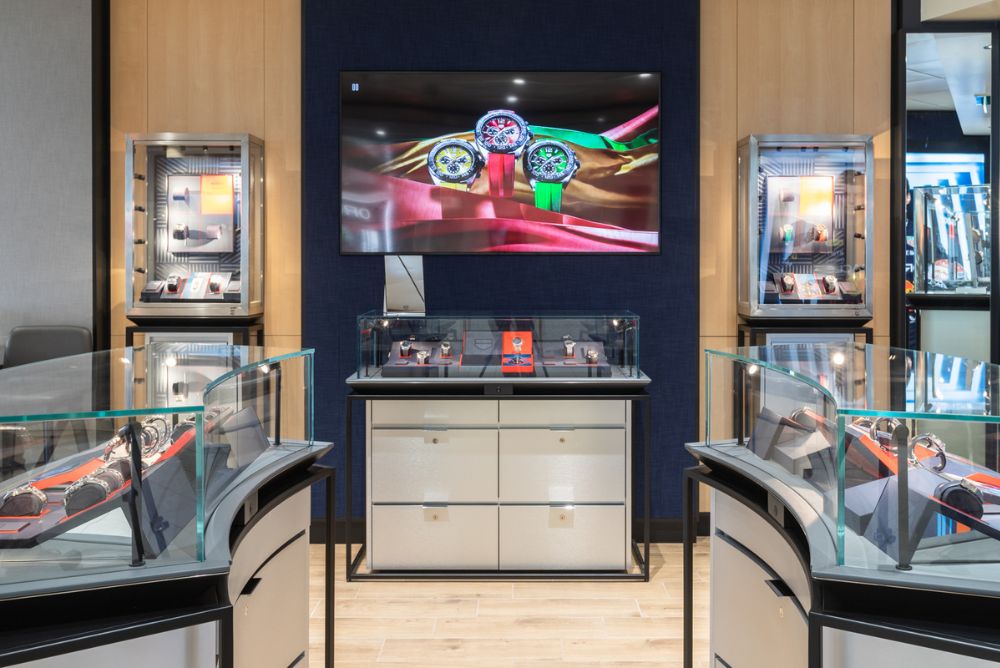Unboxed: Middle East & Africa consumer profiles
By Luke Barras-hill |
 Eighty-one percent of travellers from the Middle East & Africa would be willing to travel again within the first six months after travel bans were lifted, according to *research from Swiss research firm m1nd-set.
Eighty-one percent of travellers from the Middle East & Africa would be willing to travel again within the first six months after travel bans were lifted, according to *research from Swiss research firm m1nd-set.
In the near future, travellers intend to avoid certain destinations such as the US, China, Italy and the UK, insight shared with TRBusiness reveals.
However, recent positive developments surrounding Covid-19 vaccines could yet change travellers’ perceptions.
DWELL TIME AFFECTED
According to m1nd-set, sixty-four percent of international travellers from the Middle East & Africa said they would spend less time at the airport compared with before the Covid-19 outbreak.
“The majority will consider other channels for shopping,” clarifies Anna Marchesini, Project and Business Development Manager at m1nd-set.
“Mainly physical stores in their home country and online. Ninety-four percent will still be willing to interact with the sales staff, among which 54% will do so by taking precautions (e.g. wearing a mask, not shaking hands, staying few metres away, etc).”
According to m1nd-set, Middle East & African travellers who are willing to fly internationally within the next 24 months once travel bans are lifted, will fit into two dominant age groups: younger millennials (18-27 year olds) and those over 36.
They are also more likely to be infrequent travellers – those which take one to three international trips per year – when comparing data with other regions such as Europe or the Americas.
Those from the Middle East & Africa are more likely to have been negatively impacted by Covid-19, in terms of a reduction in the household monthly income, compared with other regions.
“Indeed, in their daily life they have started cutting expenses for specific product categories (e.g. skincare, alcohol, gift items, perfumes, chocolate, etc.),” according to Marchesini.
MORE LIKELY TO AVOID TESTING PRODUCTS
Interestingly, travellers from the Middle East & African are more likely to avoid duty free stores on future trips because of the Covid-19 outbreak (23% vs 16% for the global average), but the majority will still be willing to browse the stores.
The categories which were of great interest to these visitors pre-Covid, but will suffer from a lack of customers browsing ‘since Covid’, include the following: electronics, watches, as well as gifts and souvenirs.
When at the airport, they are more likely (than the global average) to avoid some services/products completely, especially the airline lounge, massaging/relaxing areas, restaurants and cafes/bars.

Aer Rianta International Middle East negotiated a further 10 years to its management contract with Bahrain Duty Free last year.
They are also more likely to engage less than before with duty free stores and kiosks/convenience stores. They are instead more likely to use fast food outlets, take-away providers, but also those offering fine food options.
Those from the Middle East & Africa are also more likely to avoid testing any type of product in duty free stores than the global average.
“However, we would like to highlight that 79% will still be willing to test/try products,” adds Marchesini.
*These are extracts from a report published in the November print issue of TRBusiness. The report is based on research carried out by m1nd-set earlier this year. For the full analysis, click here.
JEDCO launches multi-category tenders at KAIA T1
Jeddah Airports Company (JEDCO KSA) has issued a request for proposals for several...
Alcohol insights: Conversion up, spend down in Q4
Conversion of visitors in the alcohol category in duty free has risen to 54% in Q4 2023,...
Heinemann Asia Pacific makes breakthrough in New Zealand at AKL
Heinemann Asia Pacific is set to enter the New Zealand market with three new retail concepts at...

In the Magazine
TRBusiness Magazine is free to access. Read the latest issue now.

 Trbusiness. The travel retail Trbusiness. The magazine for global retail and duty free professionals.
Trbusiness. The travel retail Trbusiness. The magazine for global retail and duty free professionals.





















